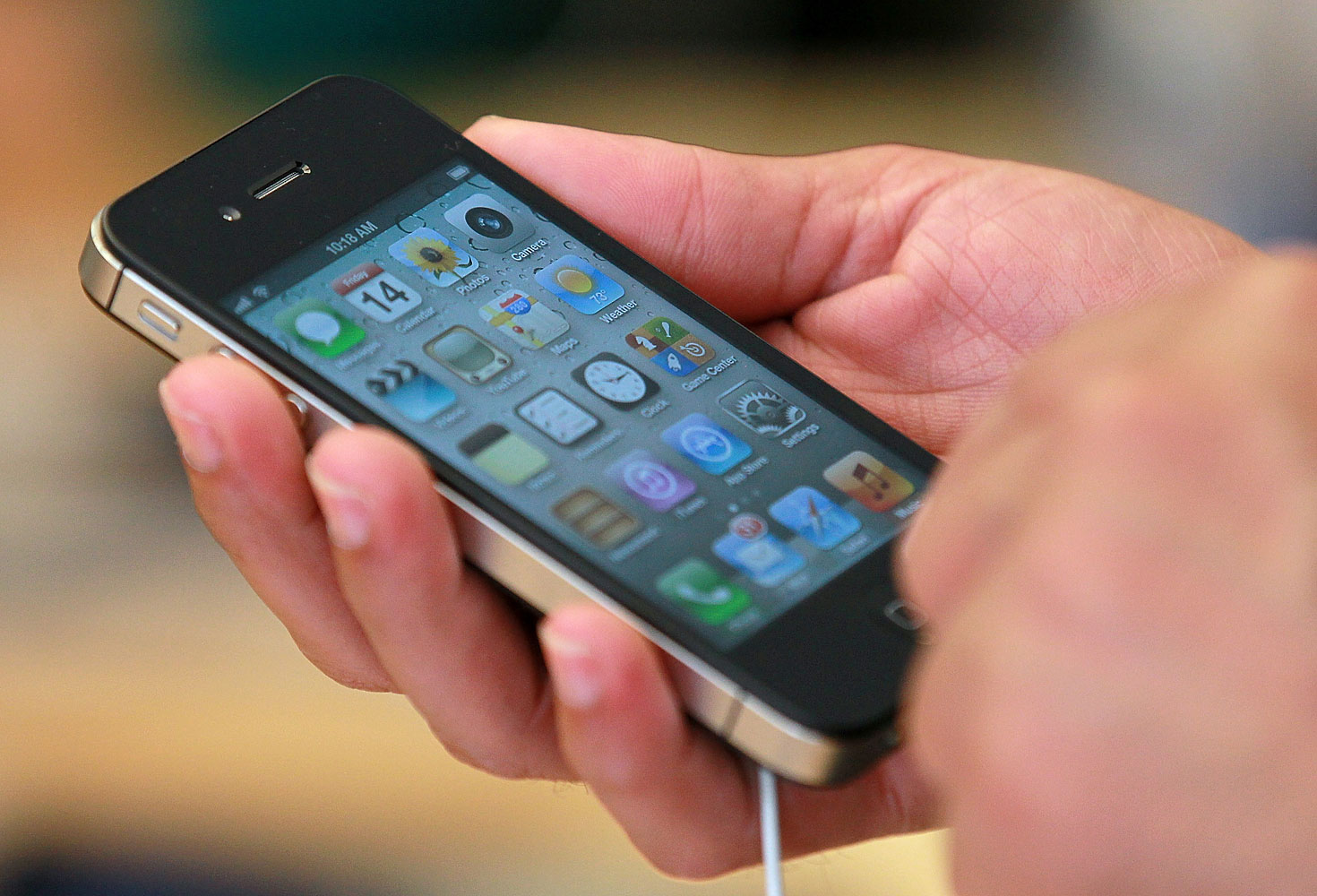
The once-tiny mobile advertising sector is seeing huge growth, mainly thanks to the efforts of Google and Facebook. The two tech giants led a 105 percent gain in mobile ad spending in 2013, according to research firm eMarketer. In total, marketers spent almost $18 billion for ads on phones and tablets last year. That figure is projected to rise in 2014 to $31 billion, comprising about one-quarter of overall digital ad spending.
Facebook, somewhat surprisingly, has been the biggest beneficiary of the quick shift to mobile. Less than two years ago the company’s stock price was plummeting because of doubts that the social network could replicate its desktop-based ad business on smartphones. But the company began cramming ads directly into users’ news feeds and selling more mobile-native products, like ads that let users install a new app with just a few clicks. Now the majority of Facebook’s ad business comes from mobile, and its share of the total mobile advertising market is projected to pass 21 percent this year, up from just 5.4 percent in 2012. A newly released video ad product and increased monetization of the photo-sharing app Instagram will help keep Facebook’s mobile business humming.
Google, meanwhile, is watching its long-held dominance of the mobile ad market slowly erode. The company is still the juggernaut of the sector, netting 49 percent of mobile ad revenue in 2013. But last year was the first time Google didn’t collect a majority of overall mobile ad spending, and eMarketer projects that its share will slip to less than 47 percent this year. The company’s business model, selling ads related to users’ search queries, faces headwinds on mobile. Instead of visiting search engines, mobile users often pull up specific apps like Yelp or Amazon to find information. Compounding Google’s problems is the fact that the company’s mobile ads cost significantly less than their desktop ads, according to The New York Times. Facebook, on the other hand, has a smaller legacy desktop business to unravel, and the social network has claimed that its mobile ads cost more than its desktop ones.
Still, both companies are expected to remain atop the mobile mountaintop for the foreseeable future (Twitter is a distant third in mobile ad revenue, with a 2.4 percent share). eMarketer predicts Facebook will pull in $6.8 billion via mobile this year, while Google will earn $14.7 billion. That’s still a large gap, but the chasm between the two giants is closing fast.
More Must-Reads from TIME
- Where Trump 2.0 Will Differ From 1.0
- How Elon Musk Became a Kingmaker
- The Power—And Limits—of Peer Support
- The 100 Must-Read Books of 2024
- Column: If Optimism Feels Ridiculous Now, Try Hope
- The Future of Climate Action Is Trade Policy
- FX’s Say Nothing Is the Must-Watch Political Thriller of 2024
- Merle Bombardieri Is Helping People Make the Baby Decision
Contact us at letters@time.com